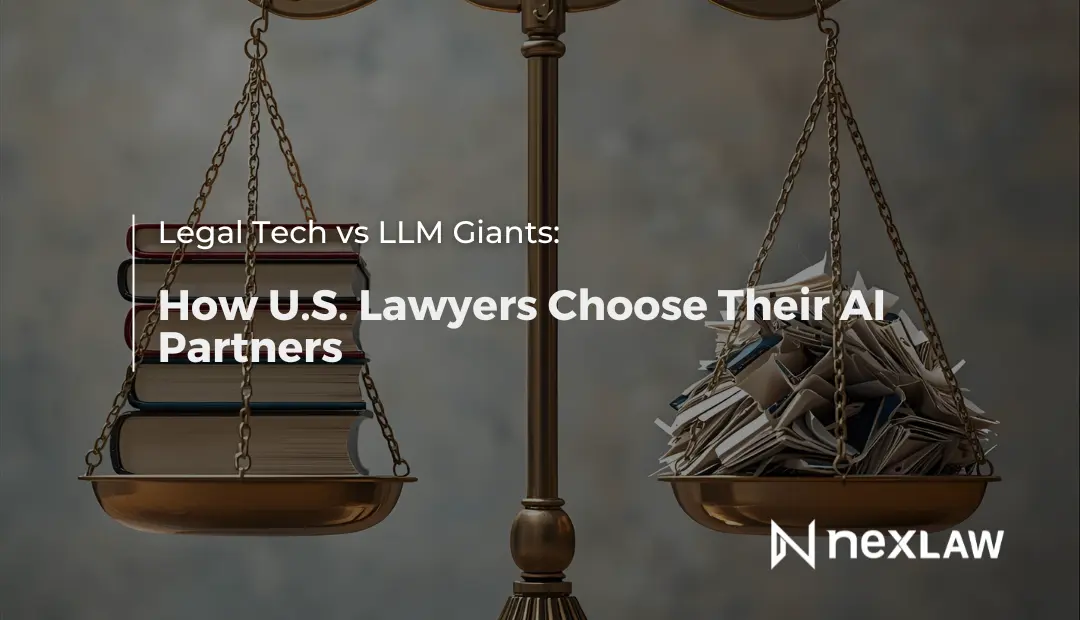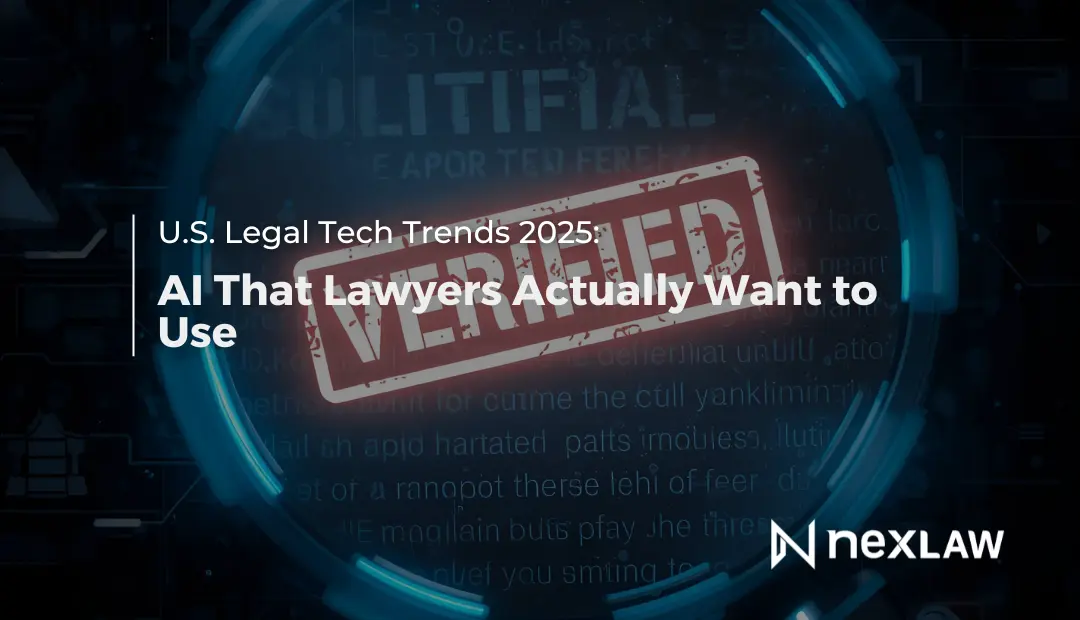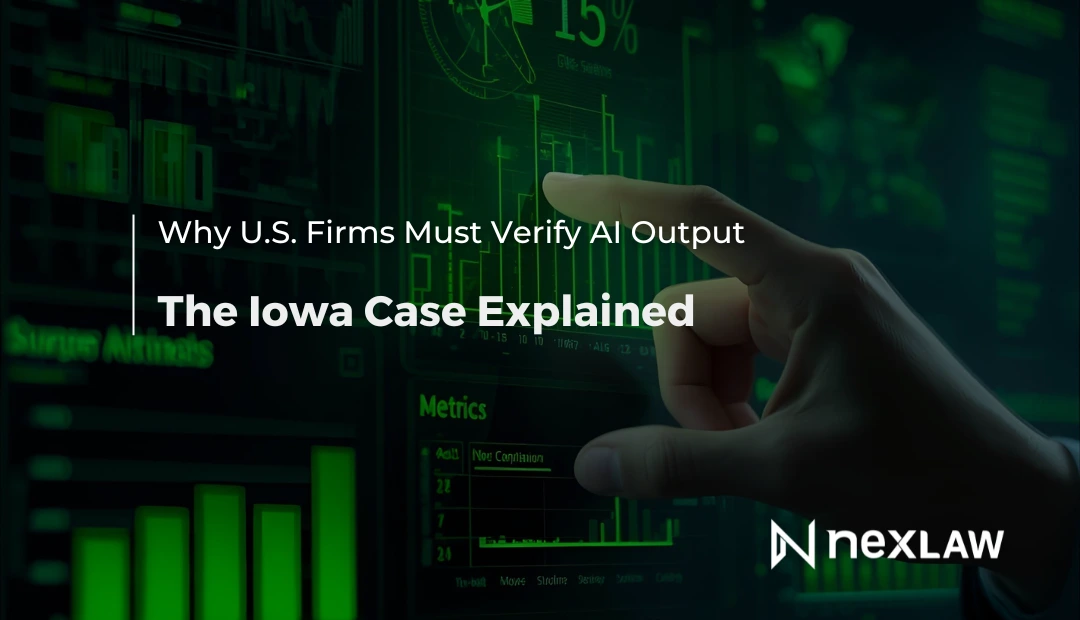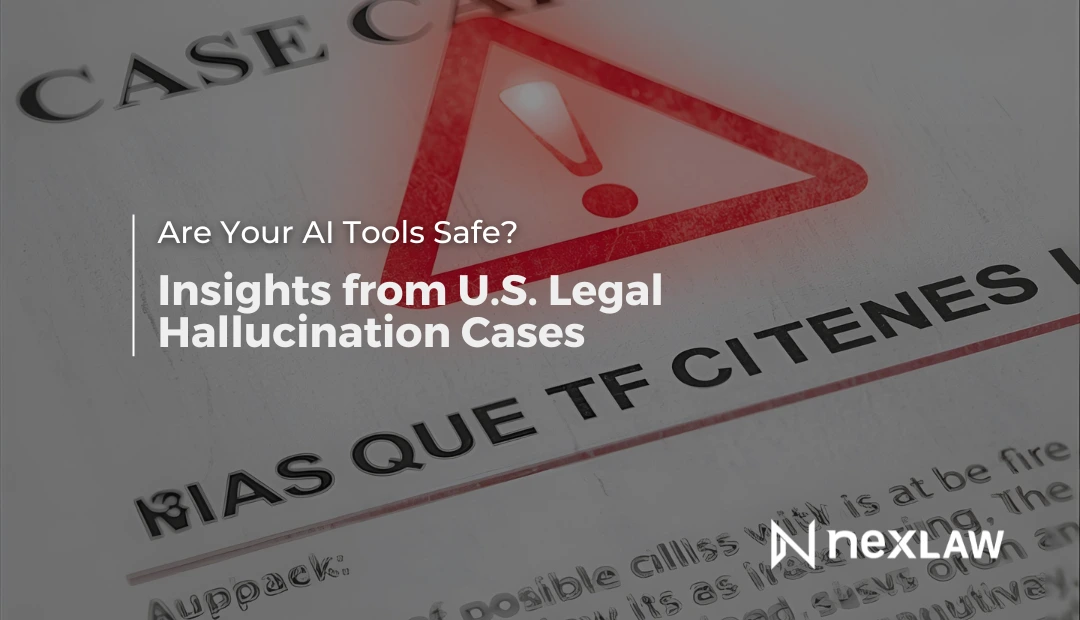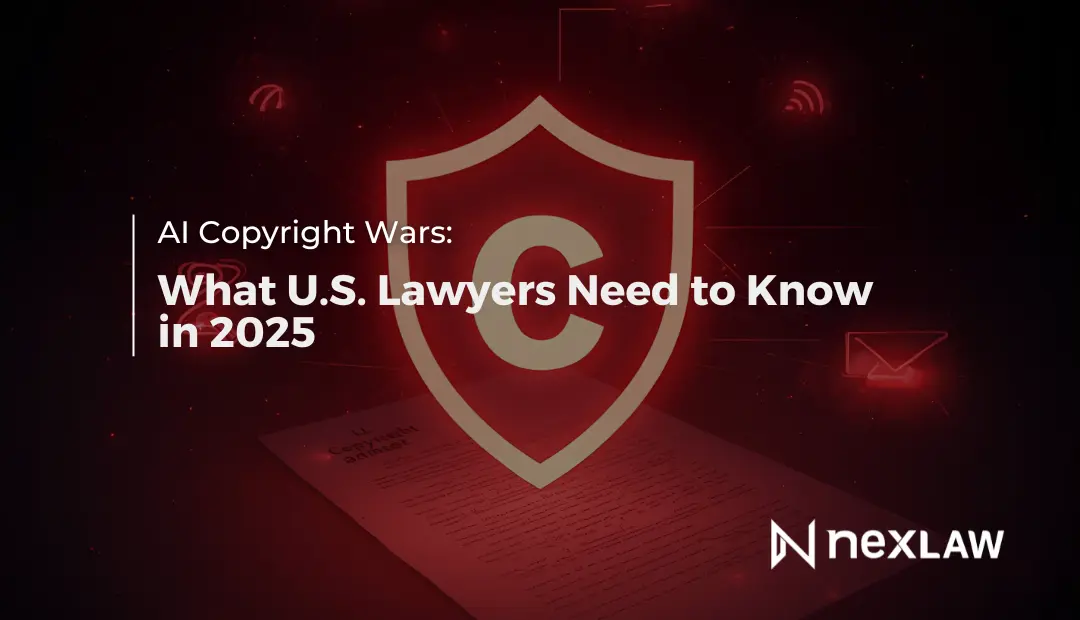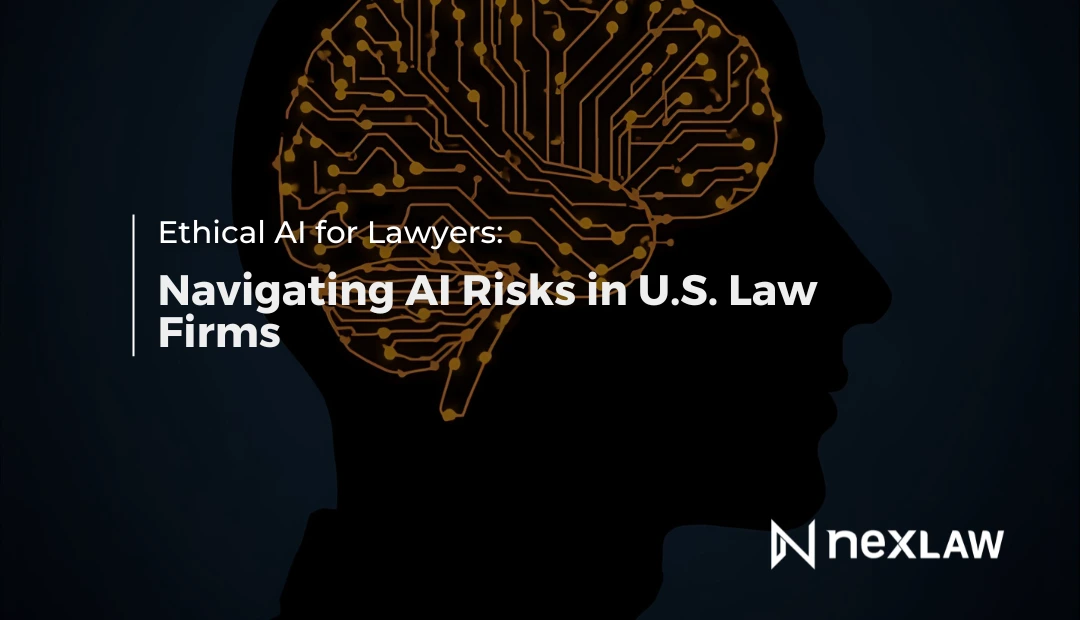Legal Tech vs LLM Giants: How U.S. Lawyers Choose Their AI Partners
The AI Boom in U.S. Law—And Its Fork in the Road
2023 and 2024 marked a turning point in the legal industry’s relationship with artificial intelligence. Legal research, drafting, and litigation prep saw AI adoption spike across U.S. law firms—from solo practices to Big Law. But as AI offerings flood the market, lawyers now face a pivotal question:
Unlock Legal Insights Instantly!
Do I choose a specialized legal AI platform or a general-purpose large language model (LLM) with plugins?
The stakes are high. Firms that partner with the wrong AI system risk not only inefficiency but ethical pitfalls, data exposure, or public embarrassment. Let’s break down how lawyers are making this choice in 2026.
What Are LLM Giants—and Why Are Lawyers Cautious?
LLM giants include well-known platforms built on large-scale AI models trained on trillions of tokens from the internet. These tools can write memos, analyze documents, and even draft contracts. However, most are:
- Not fine-tuned for legal reasoning
- Trained on non-curated or public internet data
- Lacking U.S. jurisdictional awareness
- Designed for general use, not litigation or compliance
Even with legal-focused plugins, these tools don’t guarantee output accuracy, and in many documented cases, they’ve fabricated citations or misunderstood key legal standards.
How Lawyers Are Reframing the AI Conversation
According to recent surveys by the American Bar Association and Clio, U.S. lawyers are no longer asking “Should I use AI?” Instead, they’re asking:
- Is this AI trustworthy in a courtroom?
- Can I trace where the answers come from?
- Will this AI tool align with professional responsibility rules?
- Does it integrate with my litigation tools and workflow?
Firms are looking beyond hype. They want platforms built for legal use cases, with a proven track record and transparent architecture.
The 5 Criteria U.S. Lawyers Now Use to Choose Legal AI
1. Domain-Specific Accuracy
Lawyers demand AI that understands the nuances of statutes, evidentiary standards, procedural rules, and legal citations. A general-purpose LLM might paraphrase a law, but a legal AI platform should cite the statute, jurisdiction, and relevant case law—with links.
2. Auditability and Transparency
Firms are avoiding “black box” models. They’re asking: Can I trace how this tool reached its conclusion? Legal AI must offer clear audit trails, especially when used for motions, summaries, or timeline creation.
3. Privacy and Data Security
With sensitive client data at play, lawyers want tools that are not sending case files to retrain public LLMs. This makes dedicated legal platforms, which comply with U.S. data privacy laws (including HIPAA and ABA guidance), far more attractive.
4. Workflow Integration
AI is no longer a tool for occasional research—it’s a daily-use assistant. Legal professionals want platforms that integrate into their case management, document review, and trial prep systems. The best AI tools work within your workflow, not beside it.
5. Reliability in High-Stakes Situations
The courtroom is unforgiving. AI-generated content has already caused disciplinary actions, sanctions, and judge warnings in recent U.S. cases. Lawyers now prioritize systems with internal guardrails, hallucination detection, and jurisdiction-aware output.
Real-World Examples of Selection Shifts
- A mid-size firm in California shifted away from a public LLM after a deposition outline included misquoted expert testimony. They now use a legal-specific platform that cross-checks uploaded transcripts.
- A pro bono clinic serving immigration cases chose a legal AI that automatically flags deadlines and supports multilingual intake—functionality not available in most open LLMs.
- A white-collar defense team in New York integrated a research-focused legal AI after realizing their general chatbot tool could not distinguish federal from state procedural rules.
Why Legal-Specific AI Is Gaining Ground
In 2026, U.S. firms are not just embracing AI—they’re becoming more selective about what kind of AI they allow into their practice. This aligns with the growing pressure from:
- State bars issuing AI guidance
- Clients demanding accountability
- Judges scrutinizing AI-generated materials
- Insurance companies evaluating AI use in malpractice coverage
All signs point to an industry recognizing that LLMs alone are not enough.
Where NexLaw Fits In
For legal professionals in the United States, choosing the right AI platform is not just about convenience. It is about compliance, credibility, and courtroom readiness. NEXLAW is purpose-built for the legal field, offering a full-stack AI platform designed specifically for litigators, paralegals, and law firms.
Unlike generic AI tools, NexLaw focuses entirely on real legal workflows. Its integrated features support attorneys from initial research through to courtroom strategy.
What NexLaw Includes
- NEXA: Smart legal research with trusted databases, jurisdictional filters, and case validation tools
- CHRONOVAULT 2.0: Fact chronology builder, source-linked documentation, and automatic issue spotting
- TRIALPREP: Argument development, strategic timeline creation, and hearing-ready outlines
Every feature is designed to meet the high standards of legal responsibility. All outputs are traceable, jurisdiction-aware, and structured to support compliance with professional conduct rules.
Whether you are reviewing case law, preparing for trial, or flagging red flags in discovery, NexLaw supports your judgment with precision and transparency.
Choose the AI That Understands U.S. Law
U.S. legal professionals are not just experimenting with AI. They are making intentional choices about which platforms align with their ethical obligations, workflow needs, and client expectations.
The difference between using a dedicated legal AI platform and a general-purpose large language model can be significant. One supports defensible legal work. The other may create courtroom confusion, or worse, risk sanctions.
NEXLAW is the legal partner built for those who want clarity, security, and full professional control.
You can get started today with a 3-day free trial—no credit card required. Want full access from the start? Sign up for a 7-day free trial with full feature access. If you would rather see how it fits your workflow, book a demo call and let our team walk you through.
